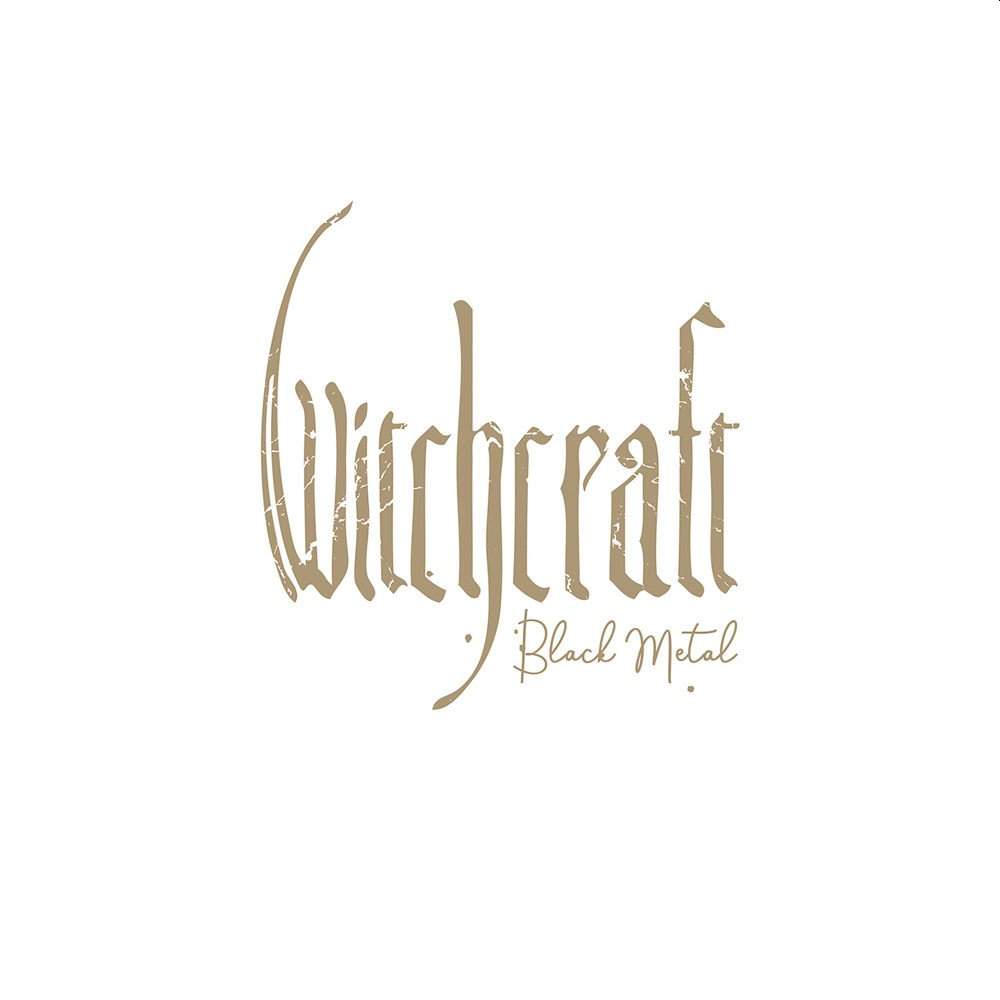
Boasting a decidedly un-black metal cover, this ironically titled album eschews the blood and thunder of metal for a naked, folk sound and, aside from a touch of piano found on Sad Dog, this is essentially a solo album released under the band moniker (suggesting how deeply Magnus has come to identify with the project), distilling the essence of occult doom into seven unnervingly vulnerable pieces of music.
For those expecting the psyche-doom guitars of Nucleus, opening track Elegantly Expressed Depression dispenses with any such notions, sounding more like a long-lost track from the Led Zeppelin III sessions. Stark, haunting and riven with a folky atmosphere, the organic production sees the vocals subtly distorting over the acoustic backdrop, adding to the sense that this is a recording strangely out of time. Similarly, the short A Boy And A Girl is a naked acoustic track that fails to hit even the two-minute mark, and it barely registers along the way to the slow-moving despair of Sad people – a track that recalls the bleak acoustic work of Steve Von Till’s Harvestman project. However, it is on the epic-length Grow that Magnus most effectively breaks down doom to its most elemental form, and it’s easy to imagine the piece as an amped up monster, even as Magnus’ world-weary tones seek to summon darkness from the light.
The remaining three tracks rarely venture so far, with Free Country a subtle piece in the vein of the late, and still sorely missed, Elliot Smith. Magnus’ voice seems to swell as the song progresses, but he reigns it in, dropping instead into a beautiful, picked refrain. In contrast, Sad Dog has a brisker feel to it, augmented by the barest suggestion of piano on the bridge. A track that homes in on the very natural fear of getting old, Sad Dog is close to the bone, and the fact that Magnus has chosen a musical form that seems to acquiesce to the coming darkness rather than rage against the dying of the light, only serves to underscore the sense of resignation in the lyrics. It leaves the dusky blues of Take Him Away to bring the album to a close, the title repeated as a mantra as the song ends, leaving the listener with the unnerving sense that they’ve borne witness to a very personal grief edging to the fore.
Wisely keeping the album short, Magnus is clearly aware of the limitations of the form and does not over-indulge. Although the album feels like a stark representation of the very essence of Witchcraft, it does rather feel like this might have been better released as a solo project considering the very personal nature of the music and it most certainly is not an easy listen. Late night music for those seeking an appropriate soundtrack for the darkest hours, Black Metal is a haunting, even compelling album that offers an appendix to Witchcraft’s body of work, but it should be noted that it is a very different offering form that which has gone before and will not appeal to those seeking the eighty doom of yore. 7.5/10



